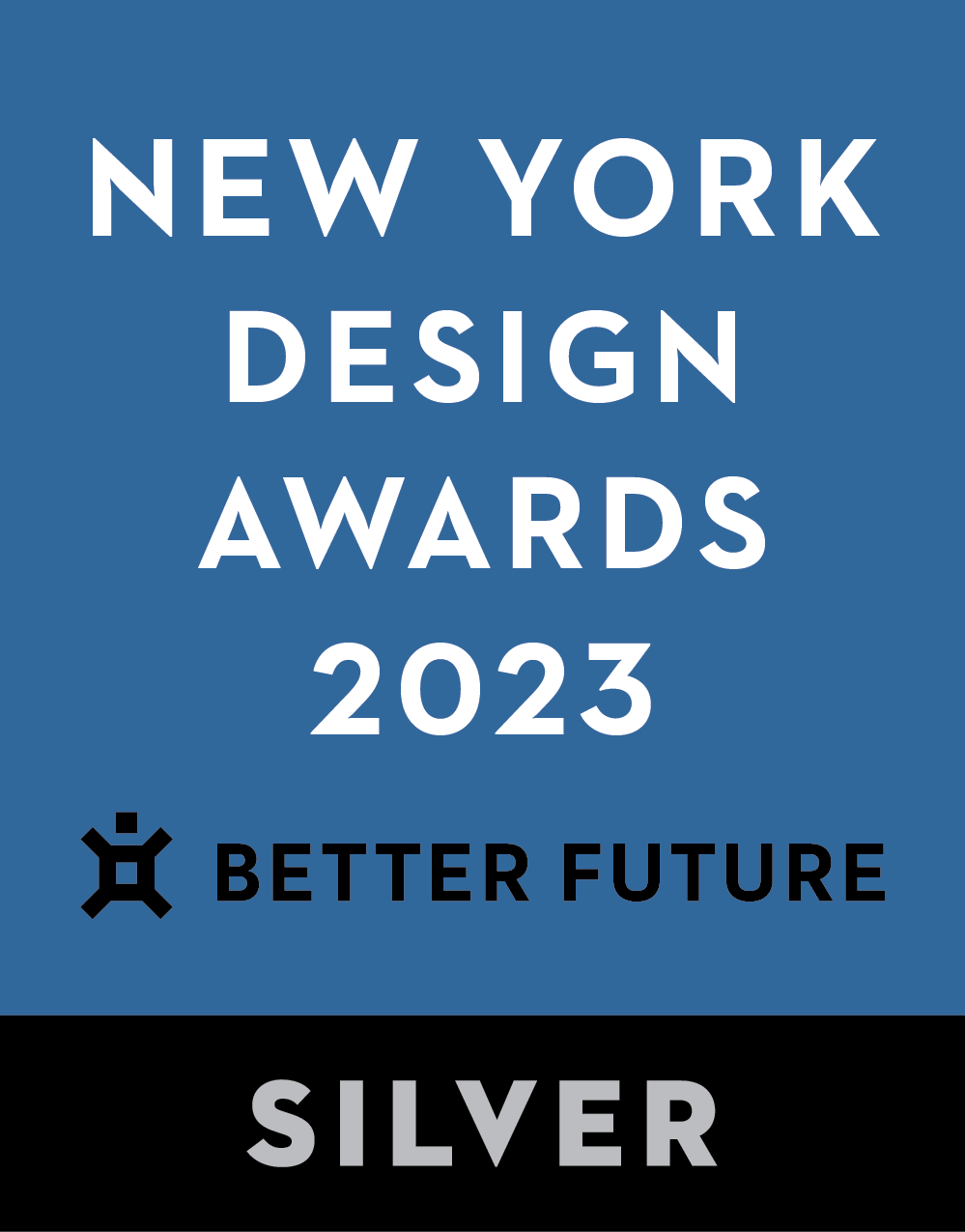Key Dates










Image Credit :

Project Overview
The primary objective of this design project is to concentrate on the common areas of a high-rise residential building situated in Taipei City. This area is considered rich in cultural heritage and history, and it holds a special place in the hearts of the senior citizens who have fond memories of it. This historical significance can be observed not only through the physical structures but also in the intangible inner spirit that it embodies. To create a lasting spiritual image for the local residents through the shaping of the space, the team proposes utilizing the traditional Japanese gift-wrapping technique called "ORIGATA." This technique will enable the team to create a distinctive spatial impression that will undoubtedly make a lasting impression on the minds of those who experience it.
Organisation
IN-LIFE REAL ESTATE DEVELOPMENT CO., LTD
Team
IN-LIFE REAL ESTATE DEVELOPMENT CO., LTD WSL Architects & Planners GAPA ASSOCIATES
Project Brief
ORIGATA is a packaging method that uses only a single sheet of paper without gluing or cutting. The gift giver puts effort into the packaging because the time and effort spent on the gift build a stronger relationship for both the giver and the receiver. To this end, the team applied the highest respectful packaging to the public lobby, symbolizing the owner's appreciation for the local sentiment and the new residents. The lobby space, like a museum of art, is not only a reenactment of humanistic aesthetics but also gives consumers a sense of hope for their homes.
Project Innovation/Need
Upon entering the lobby, one will be immediately struck by its unique and thoughtfully designed aesthetic. The ceiling is comprised of five triangular surfaces of varying heights, which replaces the traditional flat ceiling and effectively hides unsightly air vents. This design choice not only enhances the visual appeal of the space but also eliminates any potential disruptions caused by ceiling equipment. The use of wood grain perforated aluminum panels and mirrored stainless steel adds to the multi-dimensional feel of the lobby, creating a sense of depth and purpose throughout the area. The organic materials, such as the perforated aluminum panels and Roman travertine, serve a dual purpose in reducing noise levels while also contributing to a sense of balance and tranquility.
Design Challenge
This combination of functional and aesthetic design elements come together to create a museum-like atmosphere, exuding a sense of spirituality and inspiration. Overall, the lobby was created with the intention of making "coming home" a meaningful and memorable experience, and it surely does not disappoint.
Sustainability
The scope of the project is not limited to spiritual concerns as it also emphasizes the significance of conserving the environment. To accomplish this objective, the team behind the design introduced a buffer zone prior to accessing the building's interior. This area is adorned with luxuriant greenery, offering a distinctive view that changes with the seasons. Furthermore, the building's exterior features a green façade and a gracefully curved design that blends seamlessly with the natural environment. These design elements not only aid in reducing the city's energy consumption but also encourage cultural and environmental discussions. The ultimate aim is to generate an optimistic and enduring impact on society, making the residential building practical, enjoyable and eco-friendly.
Interior Design - Proposed - International
This award celebrates the design process and product of planning, designing and constructing form, space and ambience that reflect functional, technical, social, and aesthetic considerations. Consideration given for material selection, technology, light and shadow. The project can be a concept, tender or personal project, i.e. proposed space or rendering
More Details

